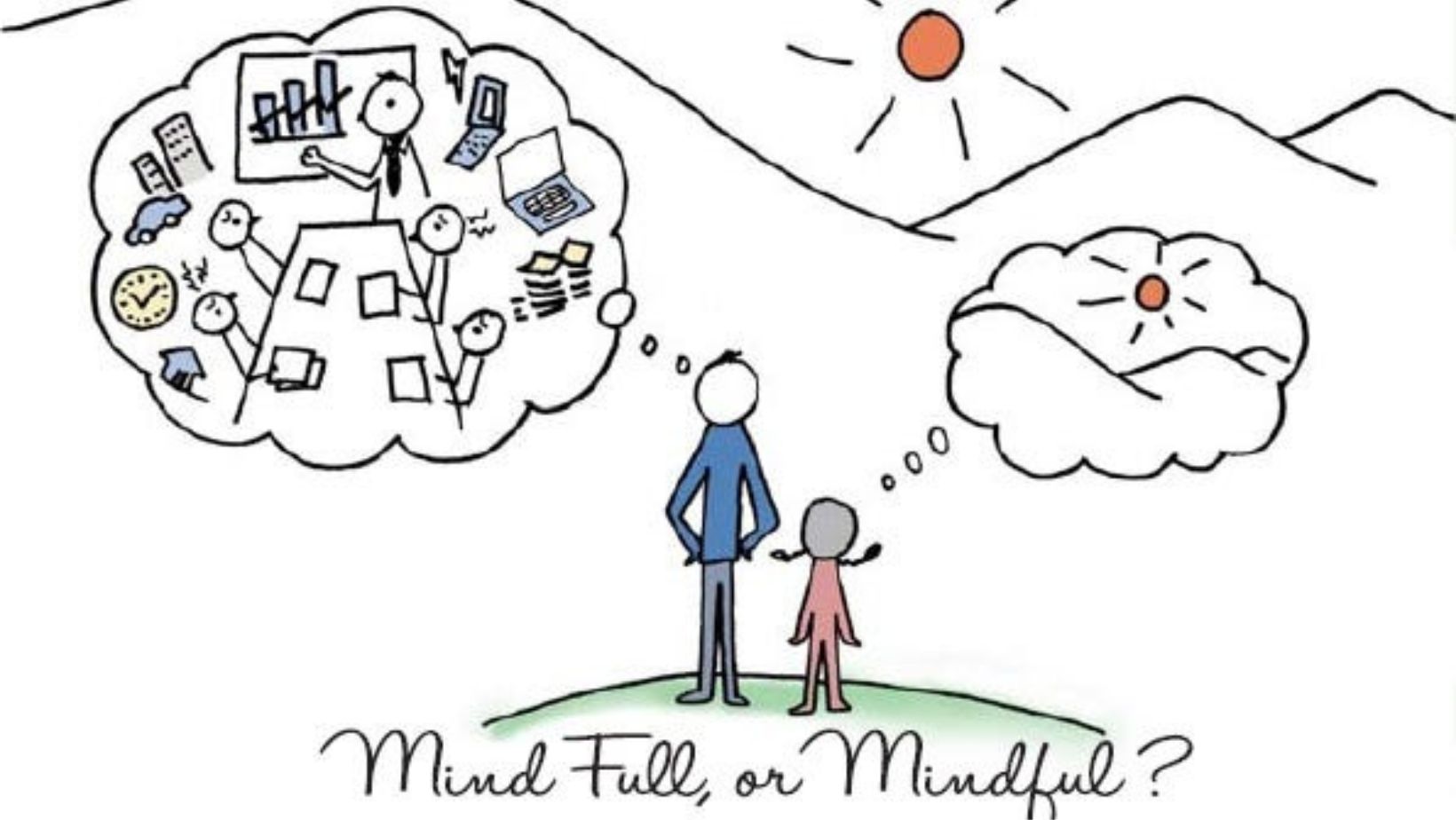Who are We That you are Mindful of Us
As I delve into the profound question of Who are we that you are mindful of us, I am immediately struck by its depth and complexity. This inquiry delves into the essence of human existence, our significance in the grand scheme of the universe, and our relationship with a higher power or consciousness.

When contemplating this question, it leads me to reflect on the intricacies of human nature, our capacity for thought, emotion, creativity, and connection. We are beings capable of immense love, compassion, and innovation alongside moments of strife, confusion, and vulnerability. This juxtaposition highlights the multifaceted nature of humanity.
Moreover, pondering why a higher being would be mindful of us raises philosophical inquiries into the concept of purpose. Are we here for a reason? Do our actions hold weight in a cosmic sense? Exploring these existential questions can provide insight not only into ourselves but also into how we perceive our place in the universe.
Exploring the Meaning Behind Who Are We That You Are Mindful of Us
Delving into the profound question of Who are we that you are mindful of us opens up a realm of introspection and wonder. This inquiry delves into the core of human existence, seeking to understand our significance in the vast cosmos. It prompts contemplation on our place in the universe and our relationship with a higher power or greater consciousness.

When pondering this question, one may reflect on themes of humility, gratitude, and awe. It invites individuals to consider their own mortality and purpose, encouraging a deeper connection with spirituality or philosophy. The concept challenges us to acknowledge our limitations as humans while embracing the mystery and beauty of life’s complexities.
In various religious and spiritual traditions, this question resonates deeply, highlighting themes of divine grace, compassion, and mercy. It underscores the belief that despite our imperfections and frailties, we are valued and cherished by a higher being or universal force. Such reflections can bring solace, hope, and a sense of belonging in an often chaotic world.
Exploring the meaning behind “Who are we that you are mindful of us” transcends mere intellectual curiosity; it touches upon fundamental aspects of human nature and existence. By engaging with this inquiry thoughtfully and sincerely, individuals may find peace, inspiration, or renewed purpose in their journey through life’s uncertainties.
Cultural Reflections on Self-Worth and Existence
Reflecting on the concept of who are we that you are mindful of us involves delving into various cultural perspectives on self-worth and existence. Different societies around the world have distinct ways of viewing the value individuals place upon themselves and their purpose in the grand scheme of things.

Perspectives from Around the Globe:
- Eastern Philosophies: Eastern cultures often emphasize humility, interconnectedness, and harmony with nature. Concepts such as Zen Buddhism’s focus on impermanence and interconnectedness highlight a sense of self-worth derived from being part of a larger whole.
- Western Individualism: In contrast, Western societies tend to prioritize individual achievement and personal identity. The idea that each person has intrinsic worth regardless of external factors is a common theme in Western philosophical thought.
- Indigenous Beliefs: Indigenous cultures often center their worldview around community, ancestors, and spiritual connections to the land. For many indigenous peoples, self-worth is intertwined with maintaining balance within the natural world.
Statistics on Self-Esteem:
| Country | Average Self-Esteem Score |
| United States | 7.5/10 |
| Japan | 6.2/10 |
| Brazil | 8.0/10 |
| Australia | 7.8/10 |
Anecdotes Illustrating Cultural Norms:
- In Japan, concepts like “amae” underscore the importance of relational harmony over individual assertion.
- Native American tribes often instill values of respect for all living beings as a way to cultivate a strong sense of self-worth.
As we explore these diverse cultural reflections on self-worth and existence, it becomes evident that one’s perception of themselves is deeply influenced by societal norms, belief systems, and historical contexts. Understanding these varied perspectives can lead to a richer appreciation for the complexities surrounding human identity across different cultures worldwide.

